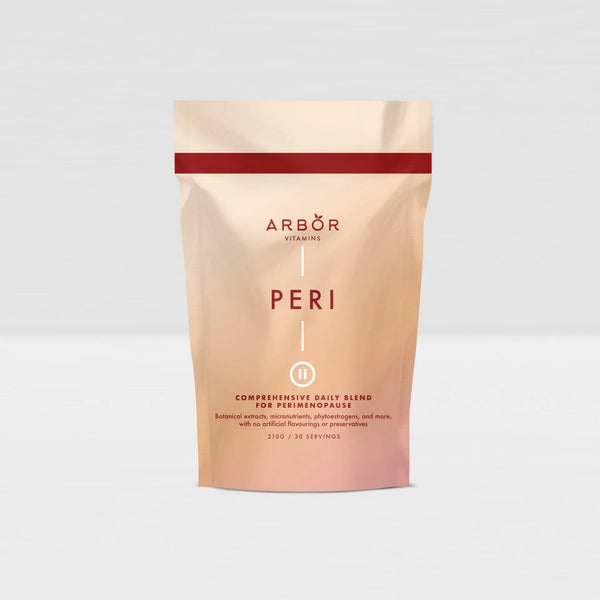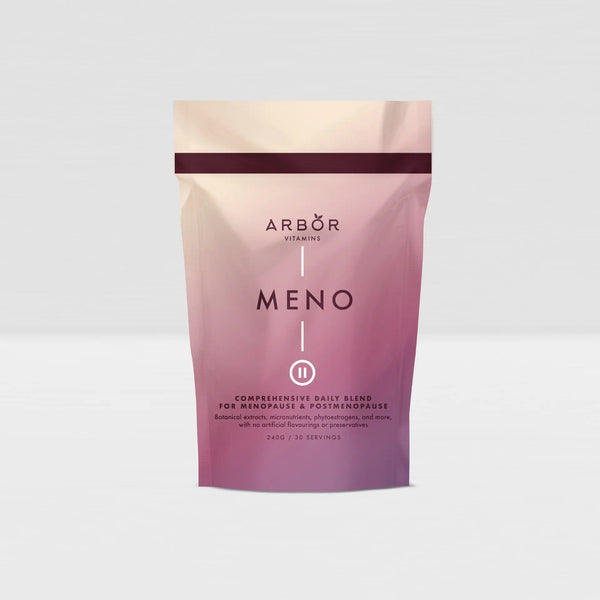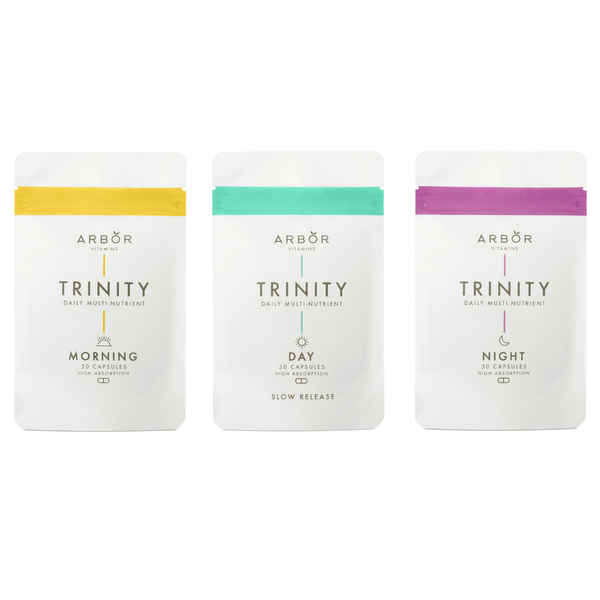Top 10 Foods Rich in Chromium
Top 10 Foods Rich in Chromium: Chromium, often overlooked, is an essential trace mineral that plays a pivotal role in metabolism and several vital body processes. From enhancing the action of insulin to playing a part in the metabolism of carbohydrates, fats, and proteins, chromium holds its weight in gold in nutritional science. As we delve into the importance of chromium for our bodies, we'll also introduce you to the top foods abundant in this indispensable mineral.
The Essential Roles of Chromium:
-
Insulin Sensitivity: Chromium enhances the action of insulin, the hormone that regulates our blood sugar levels. This ensures that glucose is adequately utilised by cells, playing an essential role in energy production.
-
Lipid Metabolism: There's evidence to suggest that chromium might help manage cholesterol levels by participating in lipid metabolism.
-
DNA Synthesis: Chromium also contributes to the process of DNA synthesis, ensuring cells can grow and function properly.
-
Neurotransmitter Regulation: Chromium is believed to influence neurotransmitters in the brain, which can affect mood and cognition.
Top Foods Rich in Chromium:
The precise chromium content in foods can vary based on several factors, including soil content and agricultural practices. However, here's a list of foods renowned for their chromium content:
-
Broccoli - A top source, providing around 11 mcg per half cup.

-
Green Beans - With about 1 mcg per half cup.

-
Whole Grains (like whole wheat bread and quinoa) - Their chromium content can vary but generally provides a notable amount.

-
Lean Meats (like turkey or lean beef) - A considerable source of chromium.

-
Eggs - Containing about 25 mcg per serving.

-
Milk and Dairy Products - Varied content, but a good dietary source.

-
Nuts (especially Brazil nuts) - A handful can provide a substantial portion of the daily requirement.

-
Brewer’s Yeast - Often touted as one of the best sources of chromium.

-
Red Wine - Contains a notable amount of chromium.

-
Potatoes - Around 2 mcg per cup, with the skin on.

While chromium is essential, the body needs it in trace amounts. Remember, every mineral, no matter how trace, plays a critical role in our overall well-being. A balanced diet ensures we don’t miss out on these lesser-known, but equally crucial nutrients like chromium.
Chromium in the Daytime
Taking chromium as part of your morning routine can amplify its benefits, as it synergises well with other daytime nutrients. In TRINITY Day Formula, chromium is paired with complementary ingredients to support energy, focus, and metabolism throughout the day.
Benefits of Chromium in the Day:
✔ Energy Boost: By supporting glucose metabolism, chromium helps provide sustained energy.
✔ Blood Sugar Control: Starting the day with chromium can help stabilise blood sugar levels, setting the tone for balanced energy and reduced cravings.
✔ Synergy with Other Nutrients: Chromium works alongside other key minerals to enhance insulin sensitivity and support metabolic processes.
Why Supplementation Can Help
Even with a balanced diet, it can be challenging to get enough chromium from food alone due to factors like soil depletion, food processing, and modern dietary habits. Supplementing with TRINITY Day Formula ensures consistent and reliable intake of chromium alongside other key nutrients.
Why Choose TRINITY Multi-Nutrients?
Trinity Multi-Nutrients are designed to support your body’s needs throughout the day with a focus on nutrient synergy and absorption. Here’s why it stands out:
✔ Time-Optimised Formulas – Tailored for morning, day, and night to align with your body’s natural rhythms.
✔ Complementary Nutrients – Carefully paired to enhance absorption and efficacy.
✔ High-Quality Ingredients – Made with bioavailable vitamins and minerals for better results.
✔ Clean Formula – Free from fillers, binders, sugars, preservatives, and artificial additives.
✔ Comprehensive Wellness – Supports energy, focus, and restful sleep, all in one.












